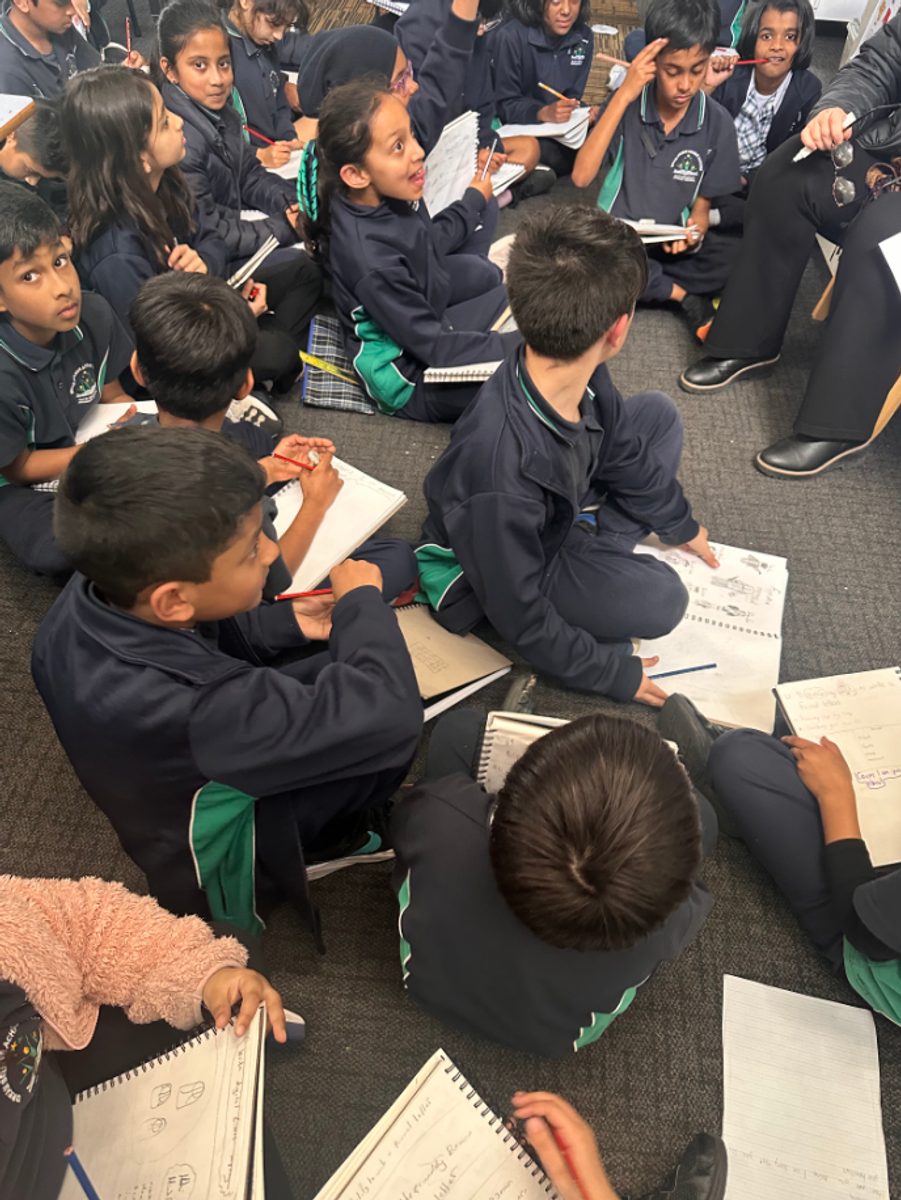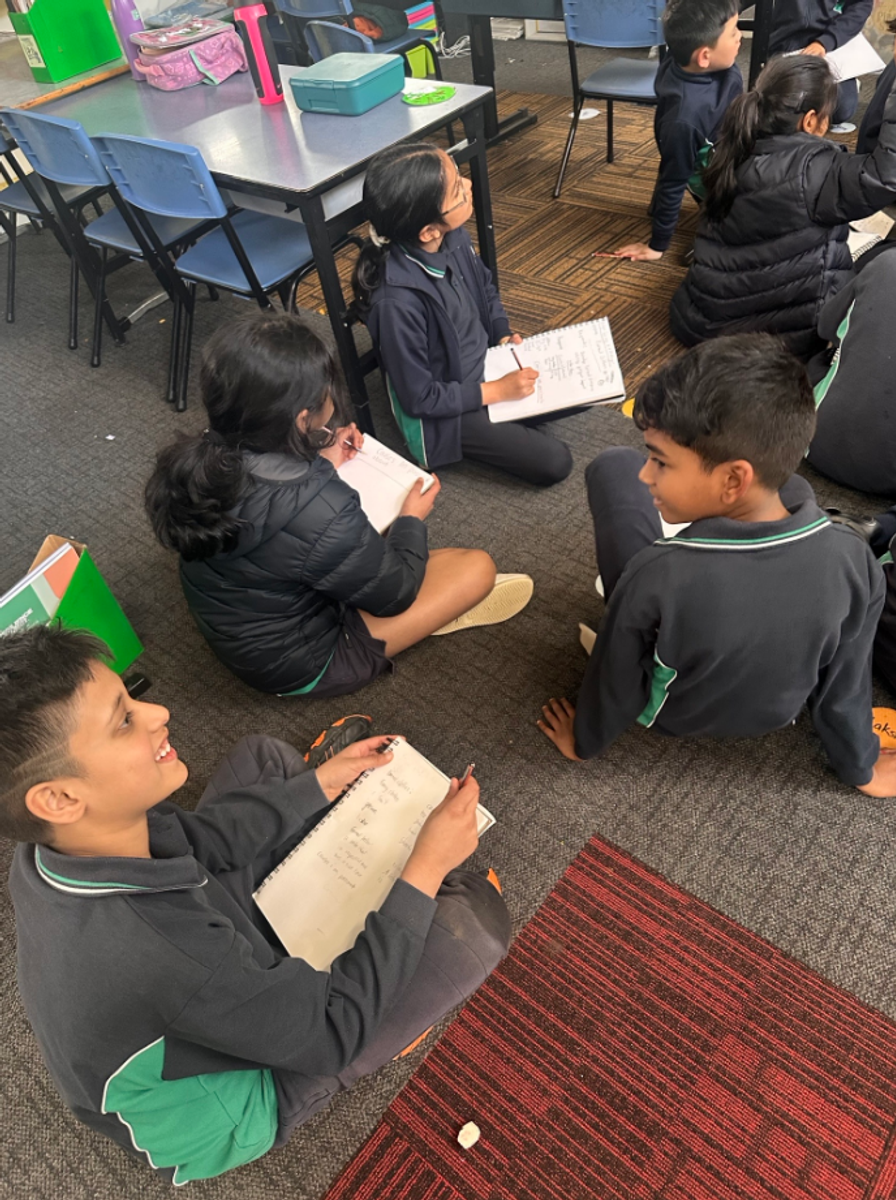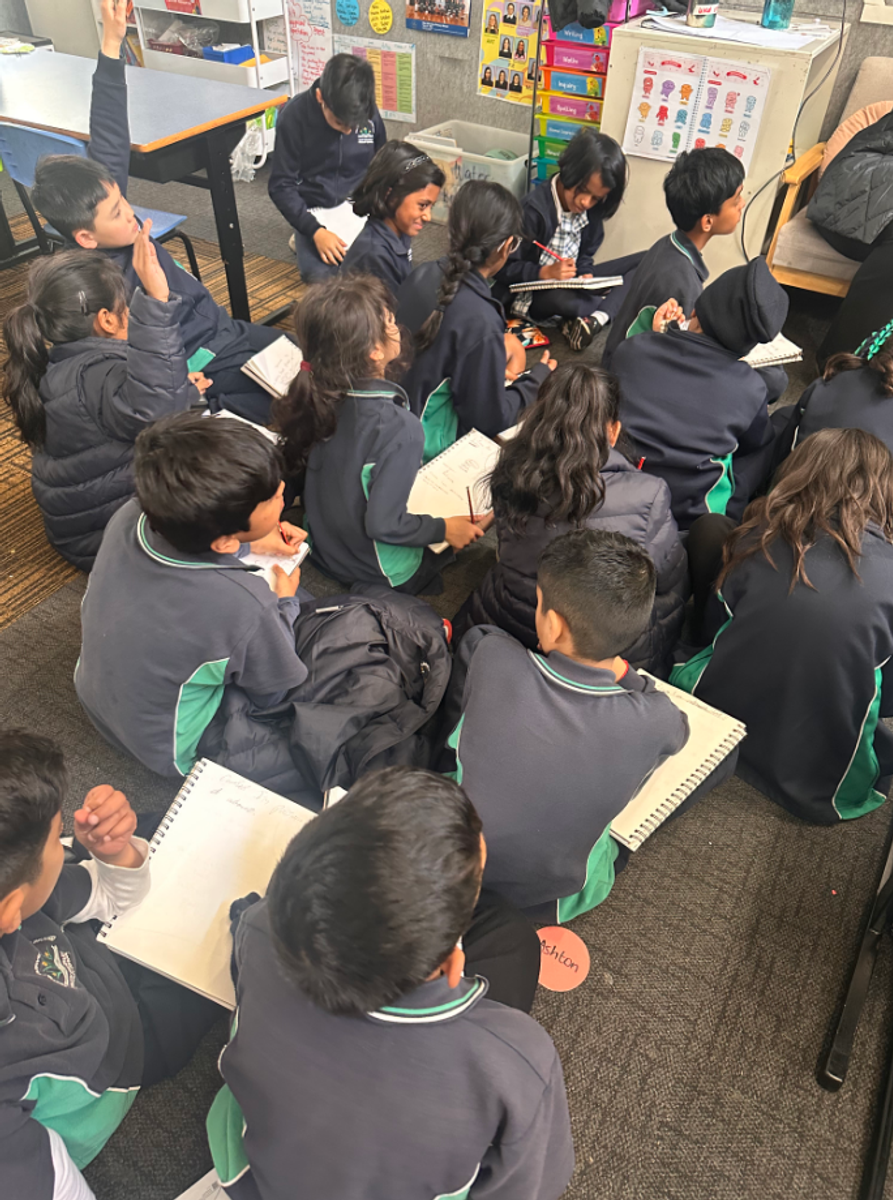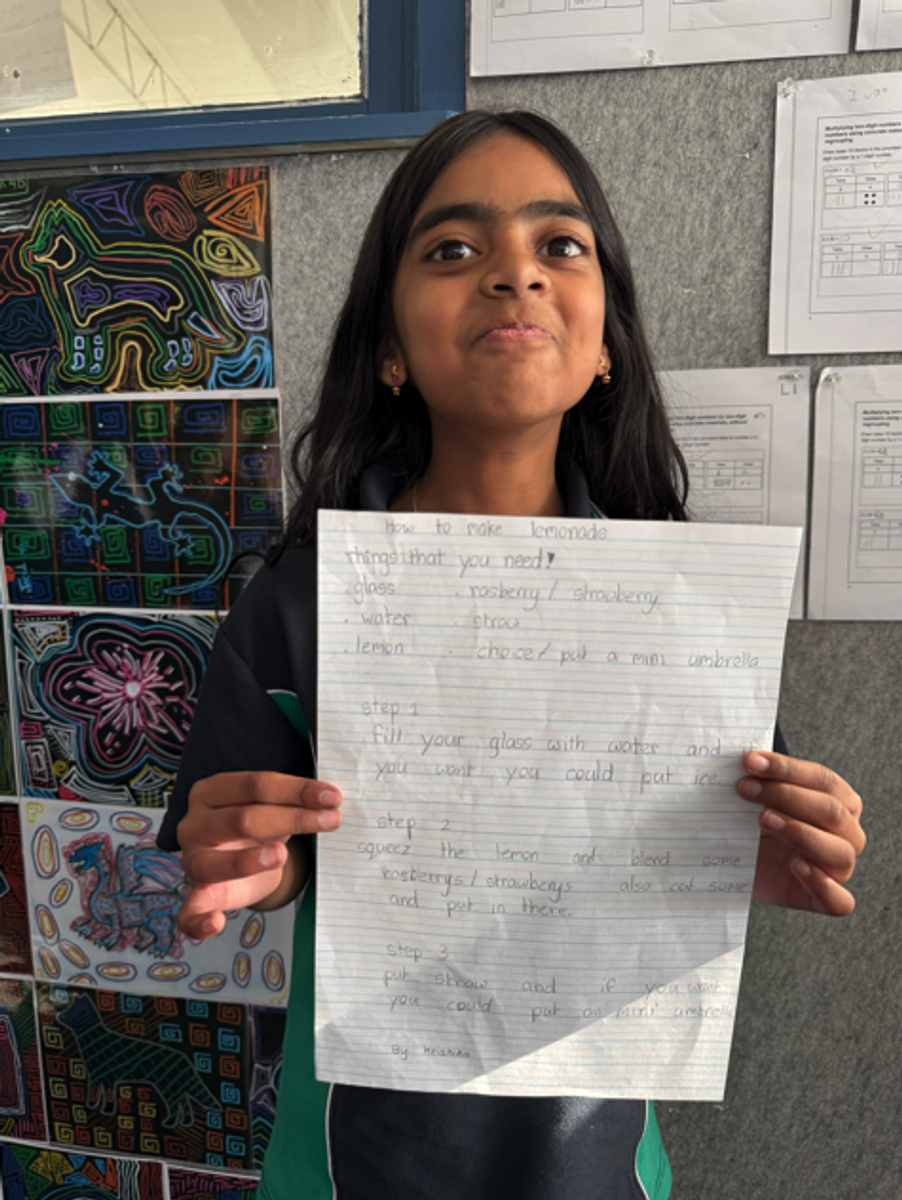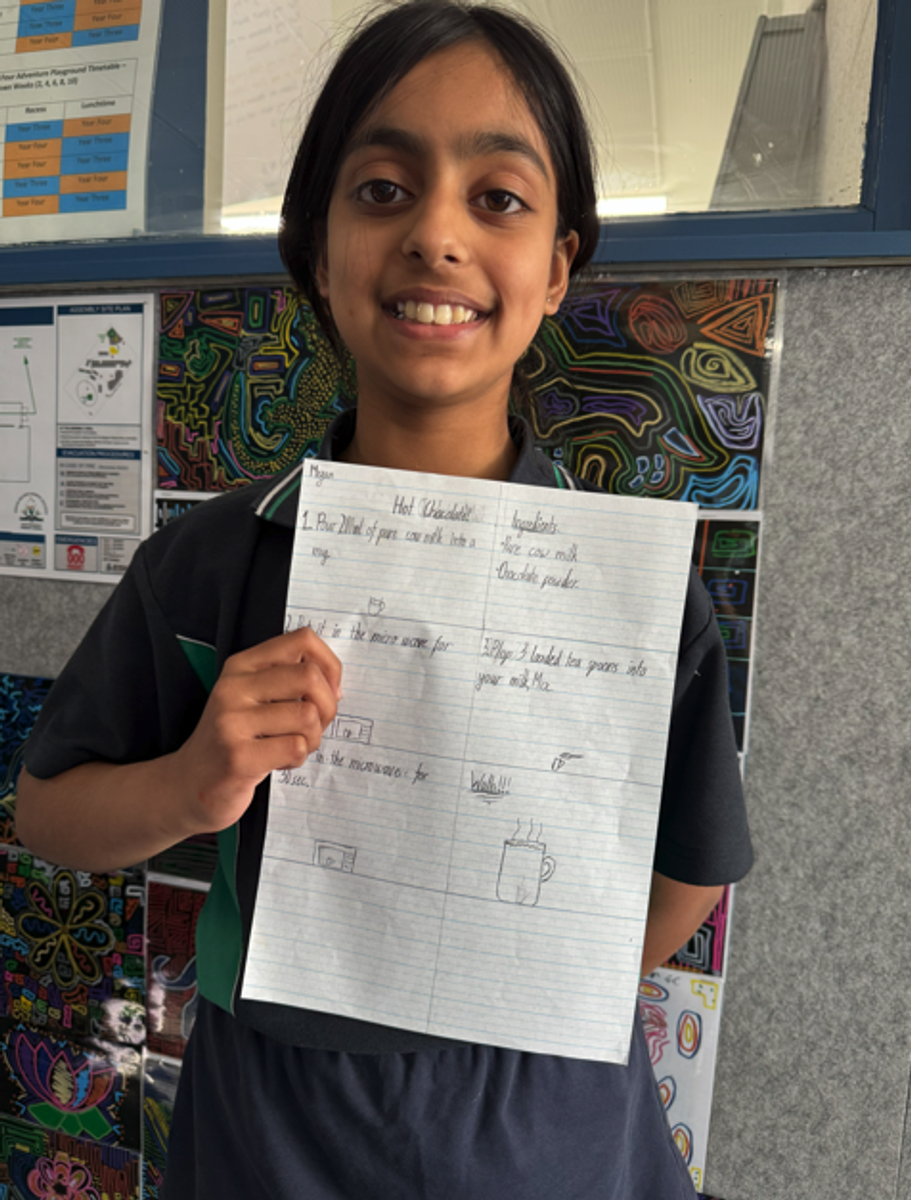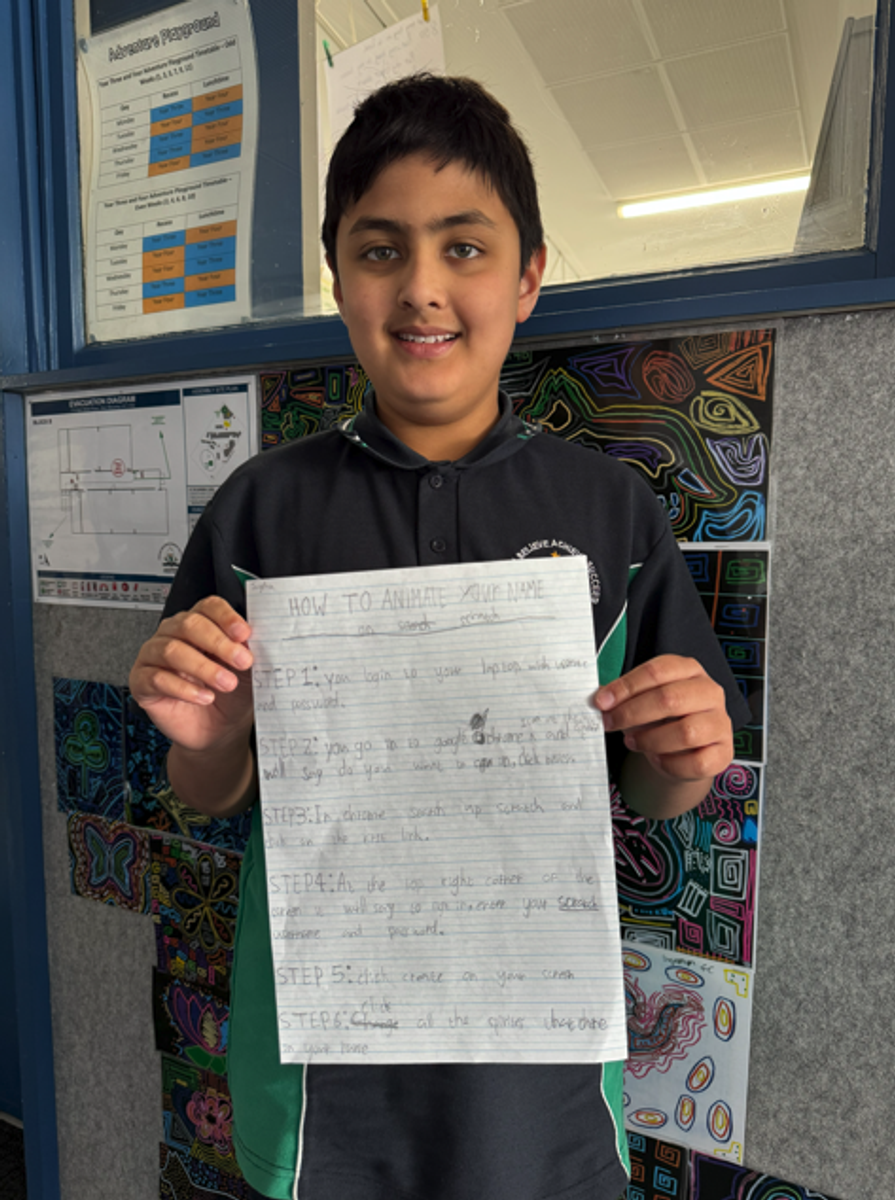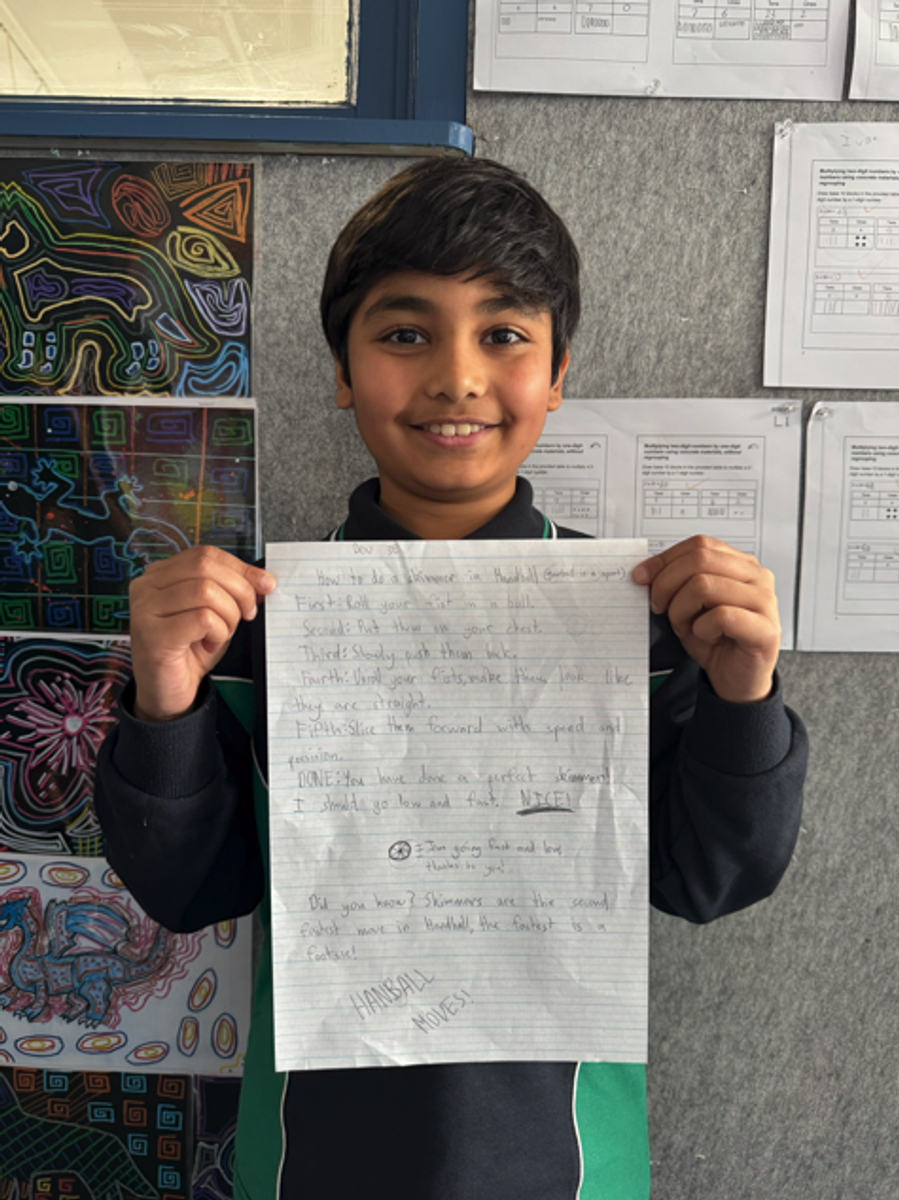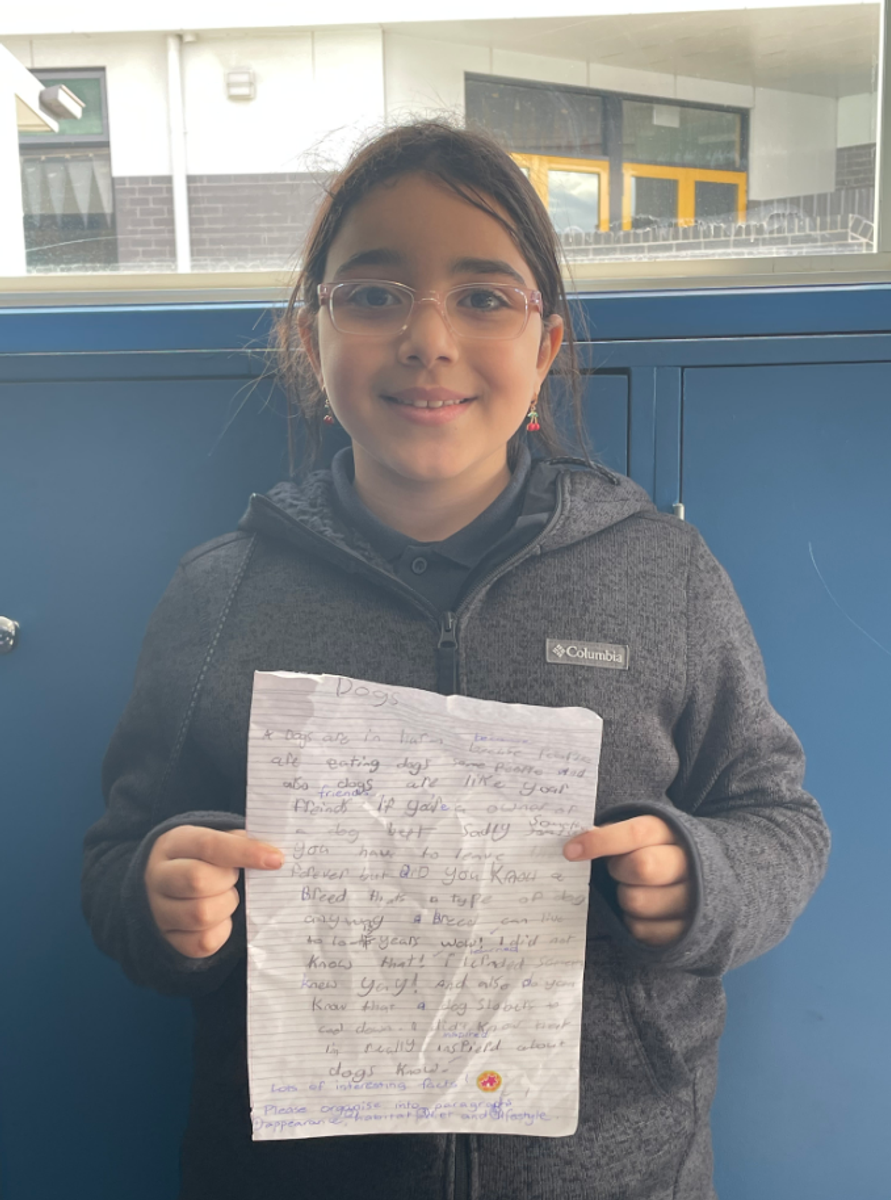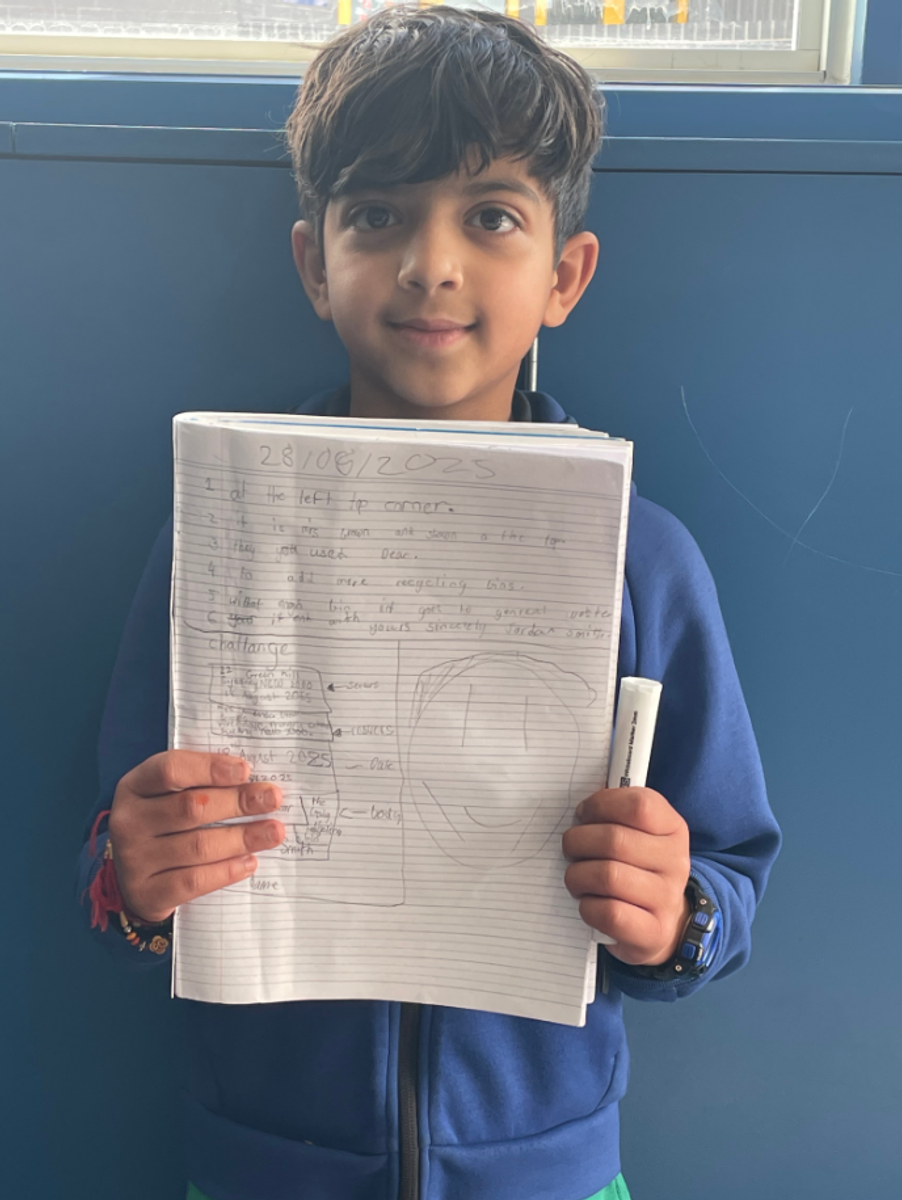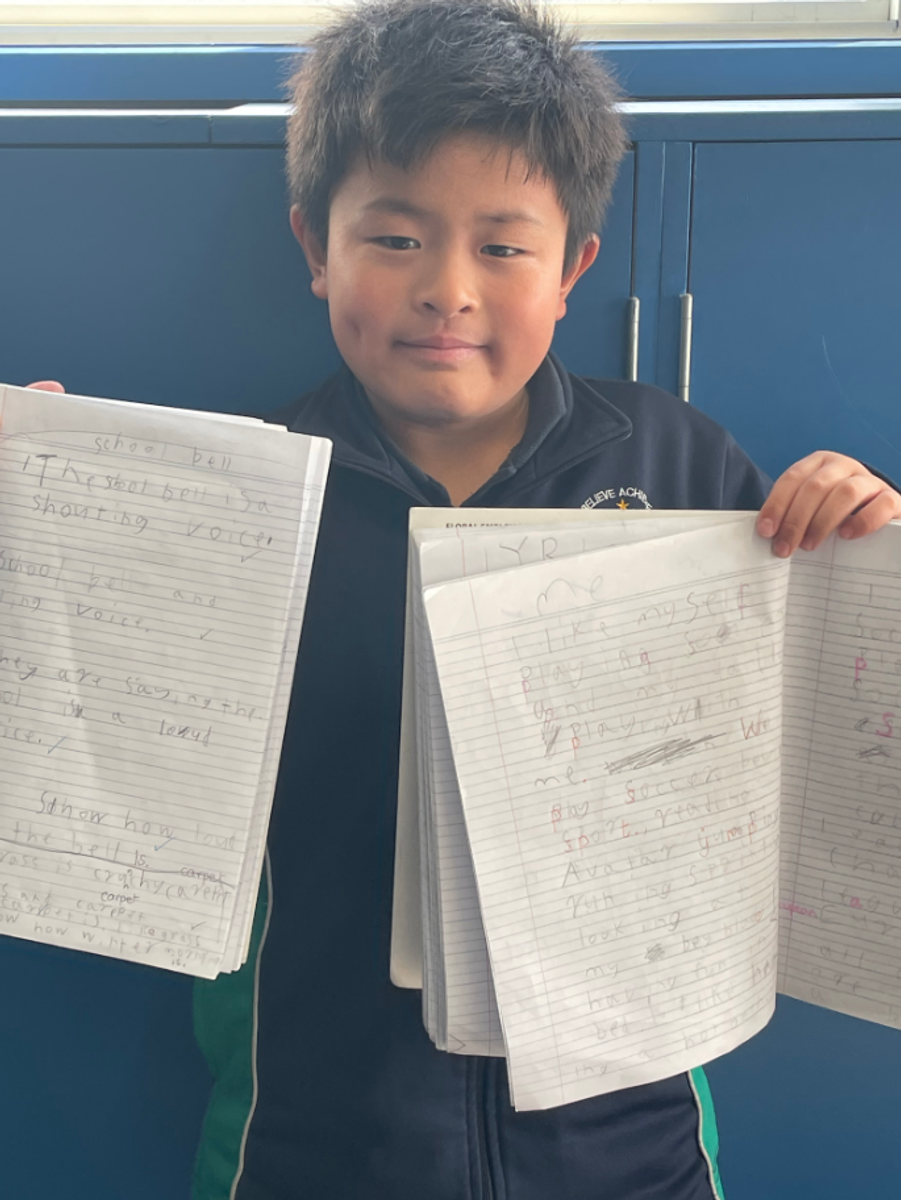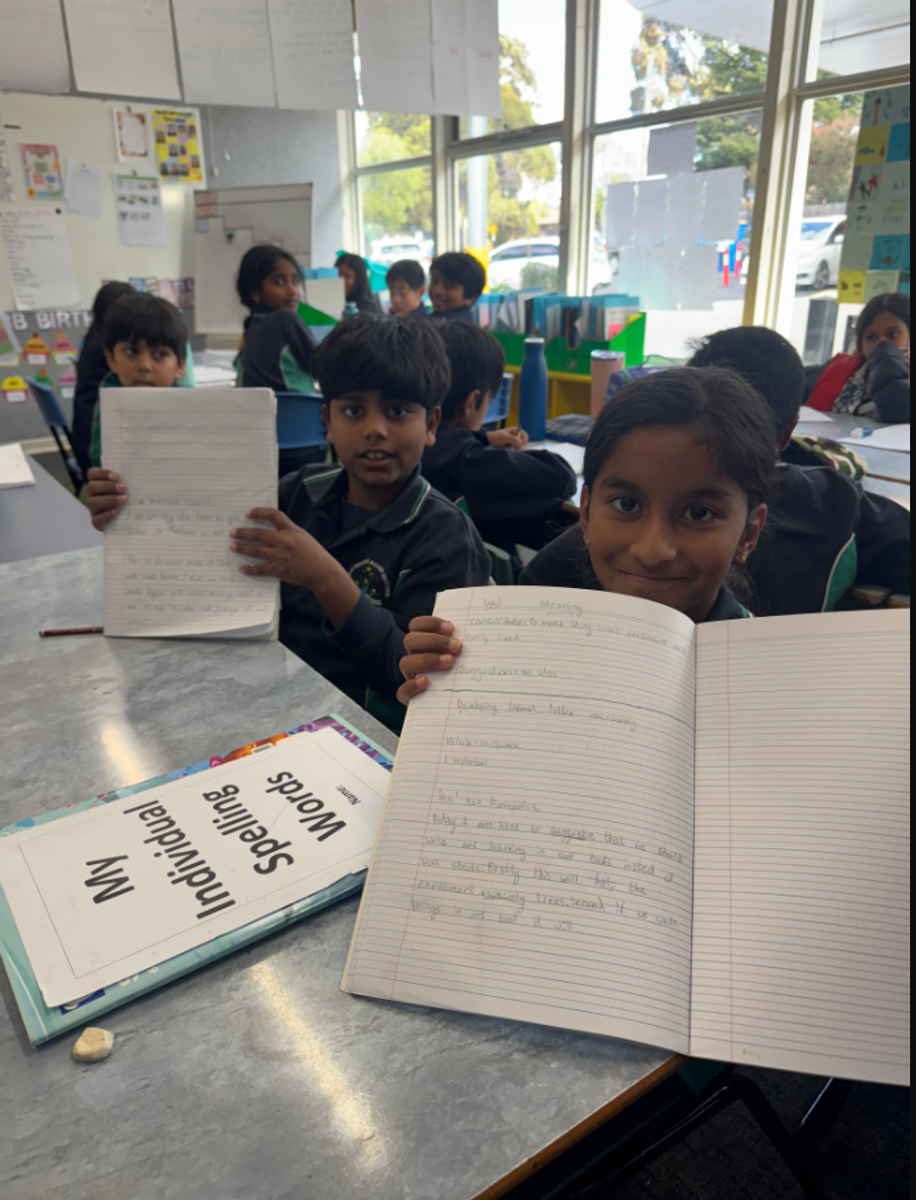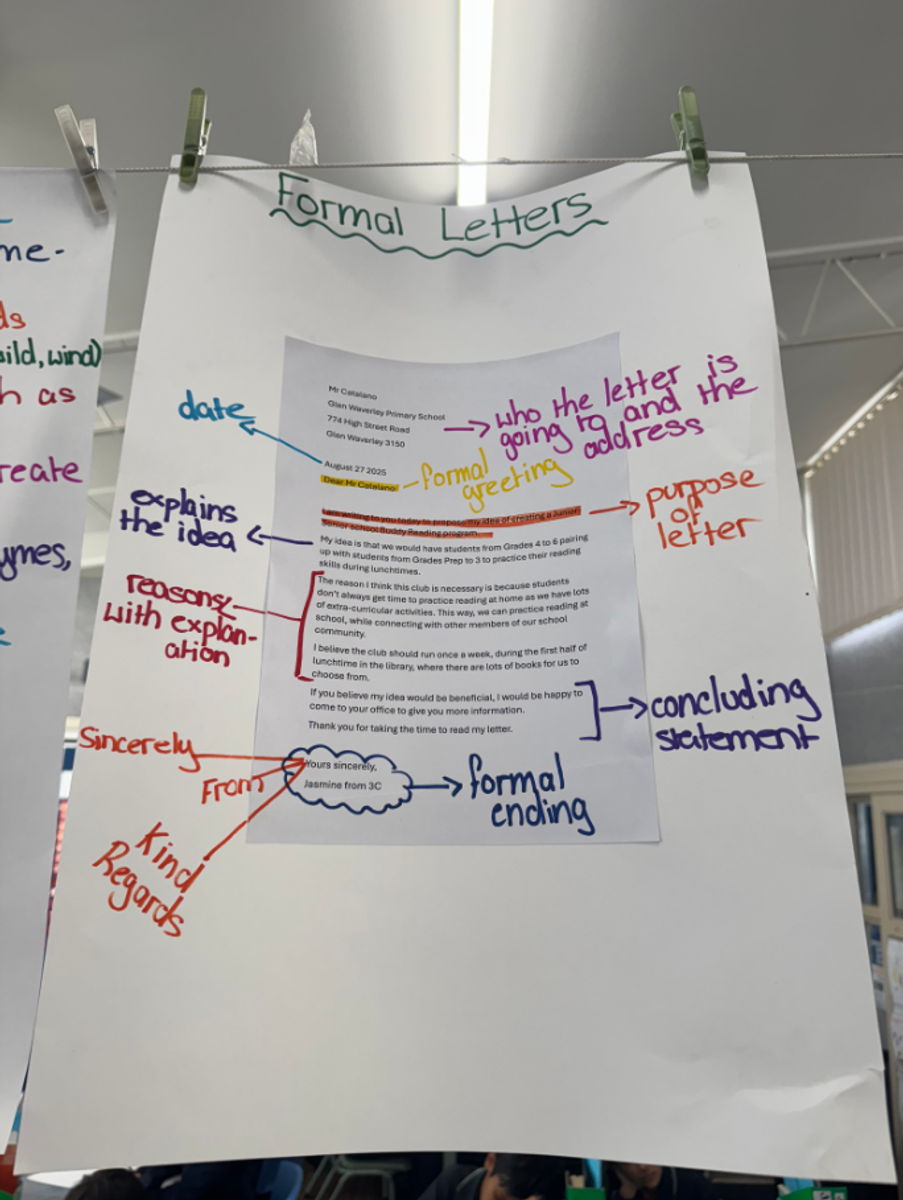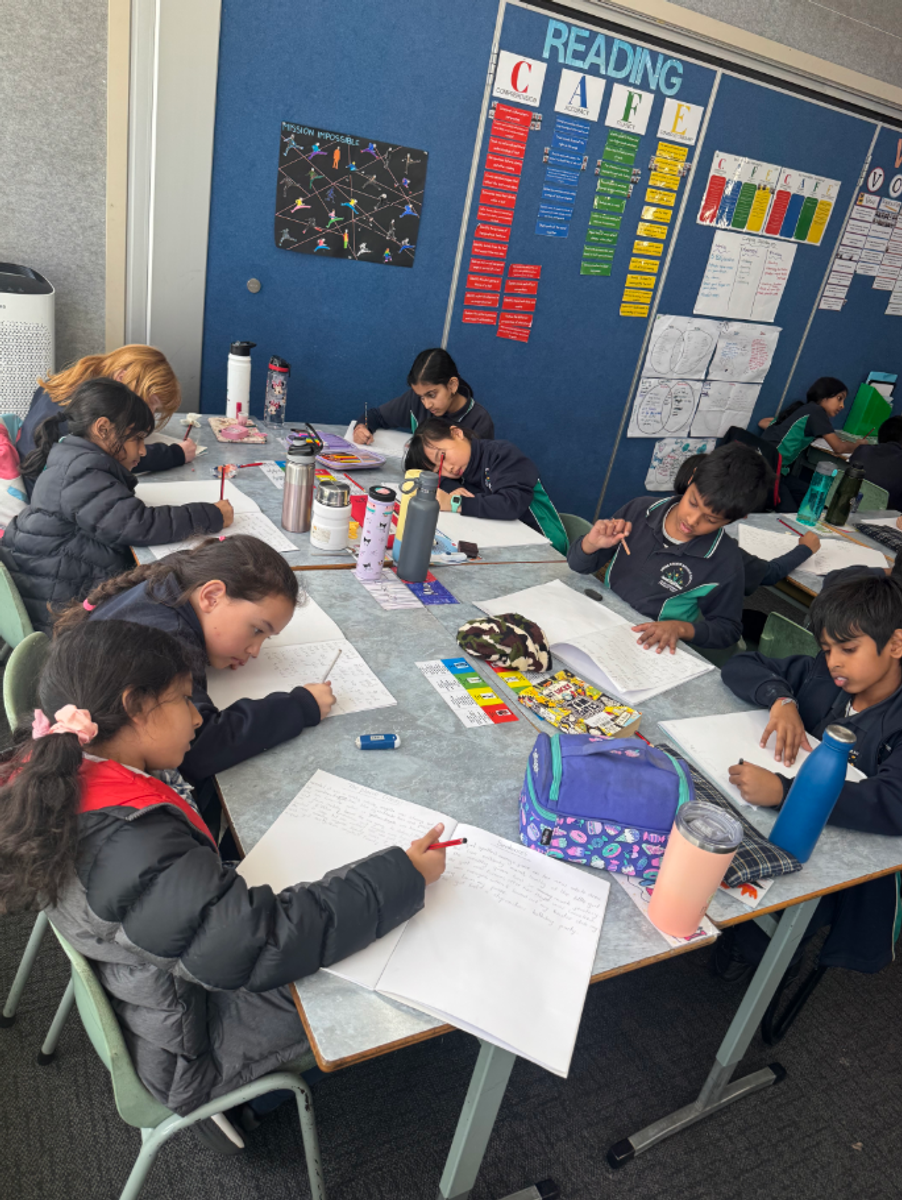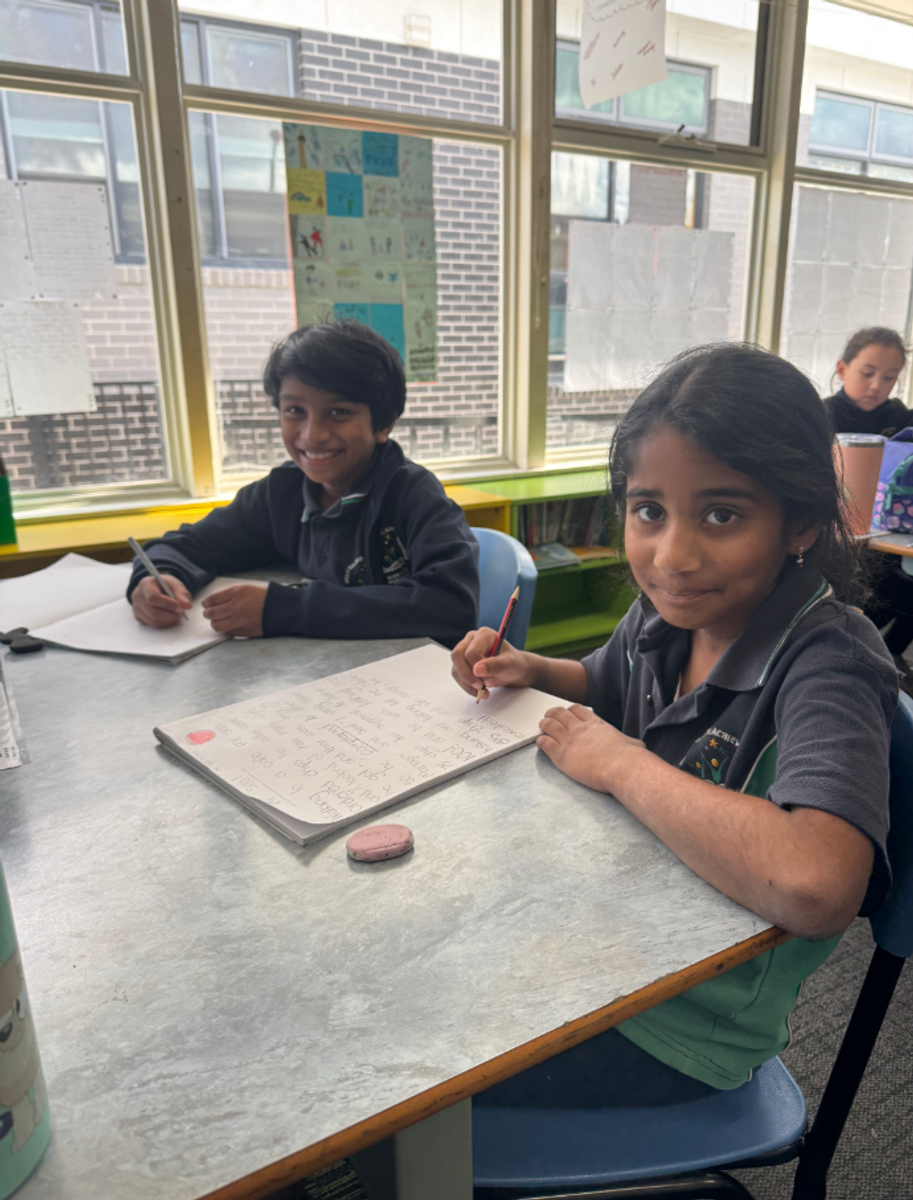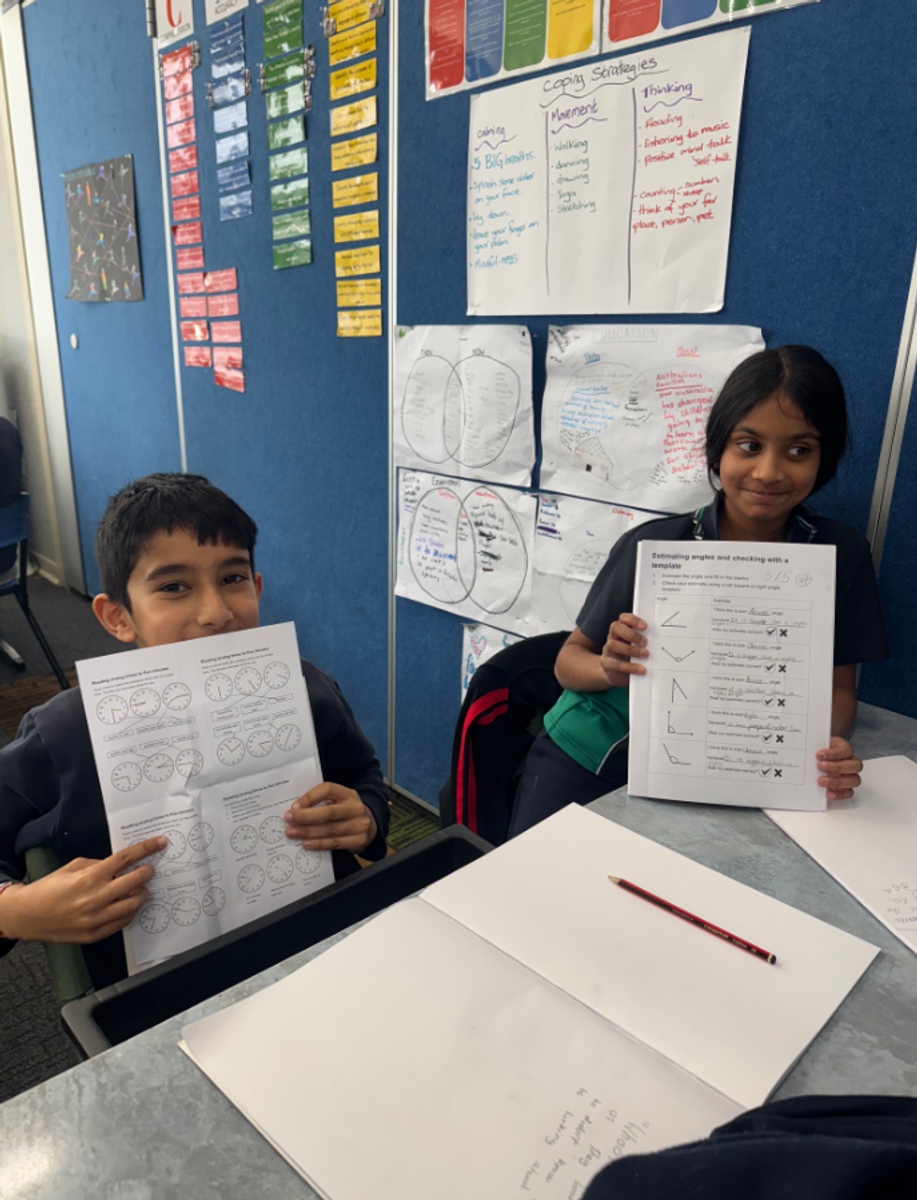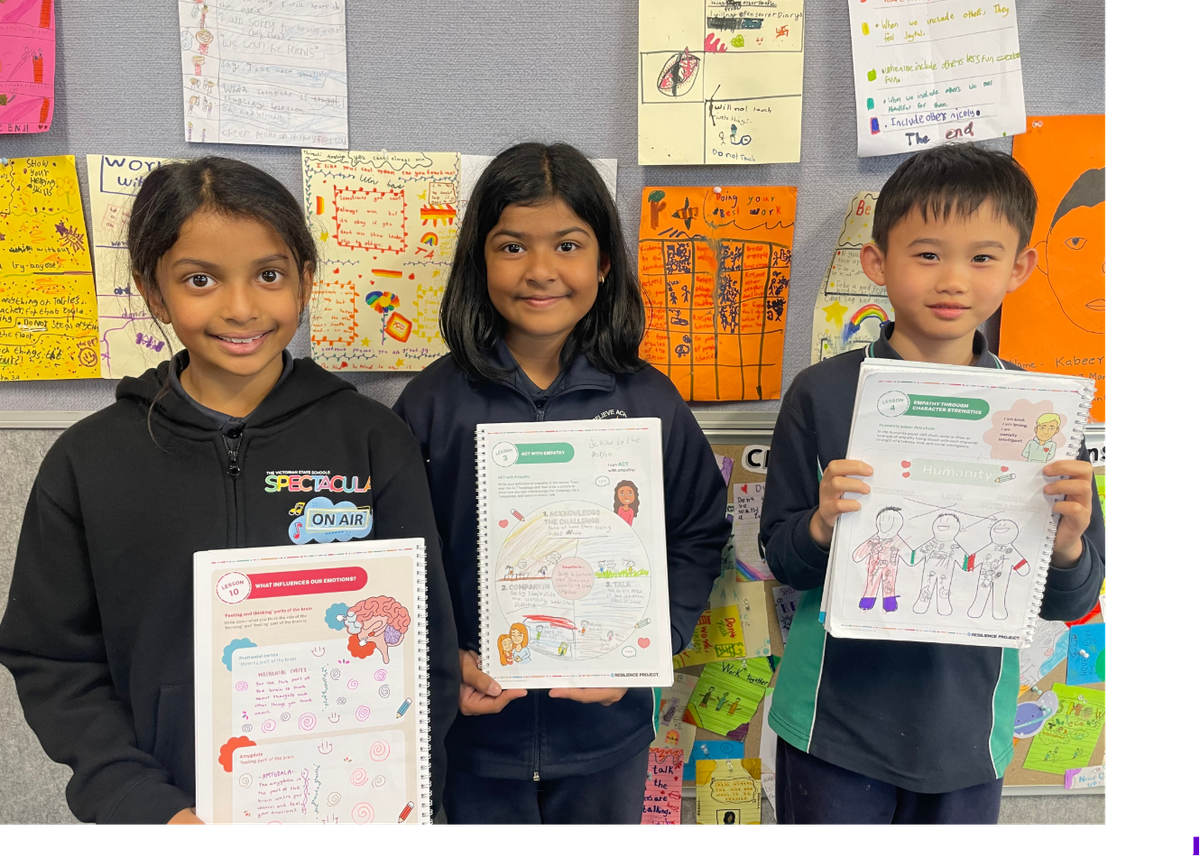Term 4
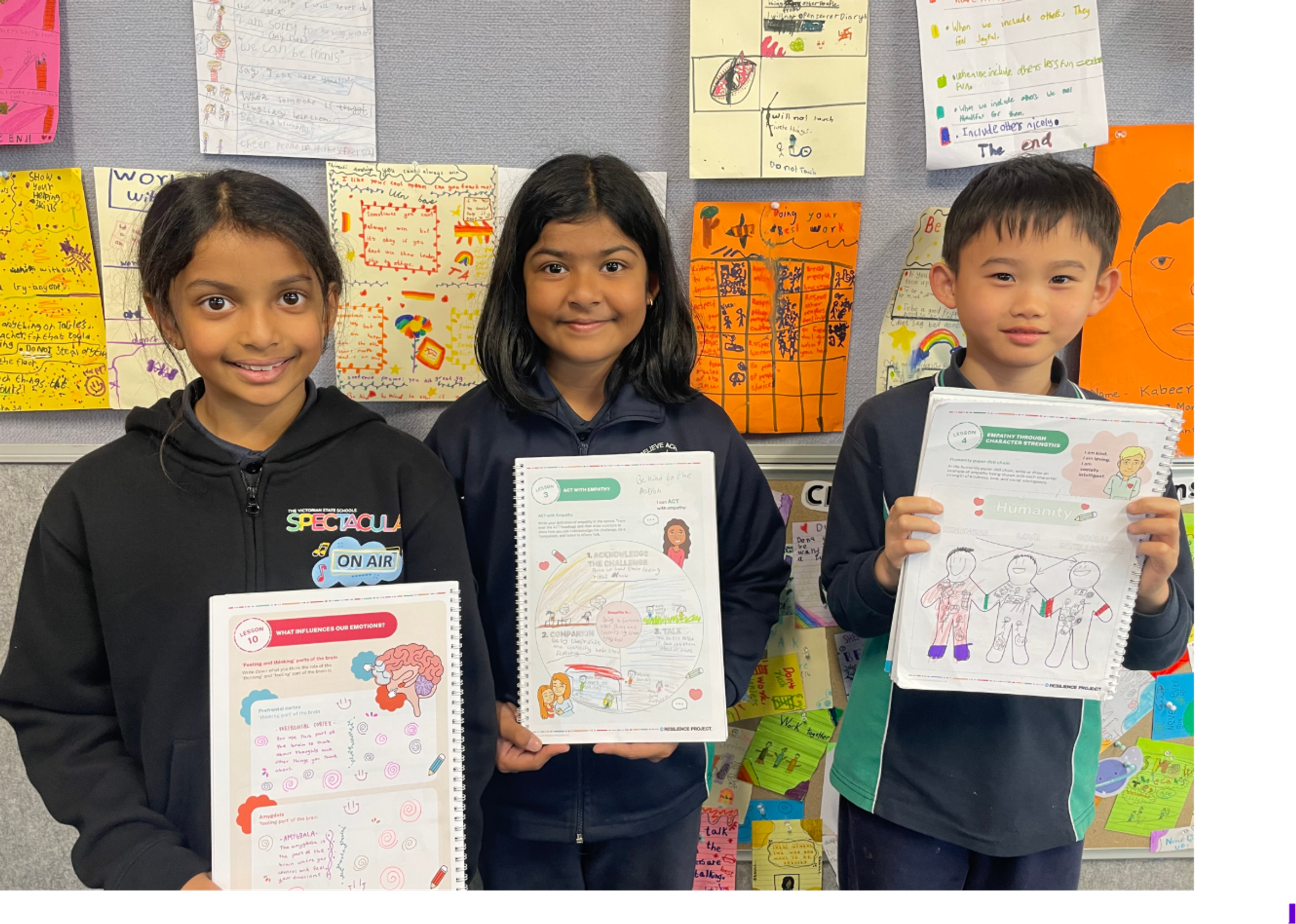
English
Reading
At the beginning of Term Four, students will be exploring procedural texts. They will be exposed to various mediums, including written, verbal and visual procedures. Students will analyse procedural texts for their purpose, audience, structure and language and compare their levels of engagement between a variety of procedures. They will develop an understanding that recipes, games, science experiments, instructions and manuals are all types of procedural texts. Towards the end of Term Four, students will revisit and deepen their prior knowledge of narratives by analysing them for their plot, theme and character development. Students will utilise the CAFE reading strategies and their personalised goals to help improve their reading skills.
Key Vocabulary:
- Steps
- Headings
- Adverbs
- Discussion
- Ingredients
Writing/Spelling/Grammar
During the first half of Term Four, students will investigate and deepen their understanding of procedural texts. Students will be able to transfer the information discovered in Reading lessons regarding the purpose, audience and language of procedures, into their own texts. They will create different formats of procedures, whilst utilising their VOICES goal. Students will produce procedural texts that follow the correct structure, which will demonstrate their understanding that a procedure has a title, aim/purpose, materials and method. Students will expand on their knowledge of accurate and precise verbs and the importance of incorporating them into their writing so that the audience can accurately carry out each step.
Once the procedural text unit has concluded, students will have the opportunity to follow up their learning from the beginning of the year with narrative writing. We will explore how they can use engaging vocabulary in their texts, as well as delving deeper into important elements of narrative writing, such as characters, settings, problems and solutions.
As part of the Spelling program, students will be encouraged to continue to expand their vocabulary through our Spelling Inquiry sessions. Students will continue to use the OCHRE Spelling sequence along with words misspelt in their writing and conduct research into these words, developing a deeper understanding of the origin and meaning, and transfer how different word parts then form their own spelling words for Home Learning. Students are to independently record unfamiliar words or words used in unusual ways that are found in their reading and writing. They will spell and investigate their meanings using dictionaries, thesaurus and iPad applications.
Key Vocabulary:
-Materials
-Adverbs
-Audience
-Sequential
-Details
How can you support your child’s English learning at home?
- Ask questions about and look at their home learning tasks, as these follow on from learning at school.
- Involve them in procedures at home, highlighting actions (verbs). This could include cooking a meal or planning a shopping list.
- After reading, ask questions such as ‘If you were to continue this story, what might you write about?’ Doing this may assist them with forming ideas for narrative writing pieces.
- Provide opportunities for your child to follow a procedure and experience what it is like to follow a recipe, build furniture, follow the rules of a game, etc. Reflect on the experience with them by asking questions such as, “Were these instructions easy to follow?” “Did the verbs help you with what you had to do?”
Mathematics
In Term Four, students will deepen their understanding of multiplication and division, using efficient strategies to solve a variety of problems. Through Data Investigation, they will collect, organise, and interpret information using tables and graphs, recognising patterns and drawing conclusions.
In Location, students will apply directional language, grid references, and mapping skills to describe and represent positions. In Geometry, they will explore the features of 3D objects and make connections to real-world examples.
In Probability, students will describe and compare the likelihood of events, conducting simple experiments to predict and discuss possible outcomes.
Key Vocabulary:
- Space
- Outcomes
- Features
- Predict
- Likelihood
How can you support your child’s Mathematics learning at home?
- Watch the nightly weather forecast and ask your child to listen out for chance language Eg: 70% chance that it will rain tomorrow afternoon.
- Ask them to map out their walk to the local park.
- Show them a variety of maps that are used in daily life Eg: Melways road maps, phone GPS, google maps etc.
Go on a symmetry and pattern hunt around the house with your child.
Inquiry
Question: How do natural disasters impact people differently?
Global Goal: 13 Climate Action
In Term Four, students will be exploring the Inquiry question ‘How do natural disasters impact people differently?’ whilst making connections to our Global Goal of ‘Climate Action’. In this Earth and Space Science unit, students will firstly analyse different types of natural disasters and how they occur. They will then explore the impact these disasters have on our Earth and how individual people, communities and cultures respond in differing ways to a disaster. Student will then be investigating how to prepare for a natural disaster, the aftermath and the way humans come together to rebuild. Finally, students will transfer their new knowledge of natural disasters and human reactions by creating a project at school and presenting it to their Level Three peers.
Key Vocabulary:
- Disaster
- Reactions
- Bushfire
- Floods
- Climate Change
- Droughts
Cyclones
How can you support your child’s Inquiry learning at home?
- Watch the news and look out for natural disasters occurring around the world – what questions do they have?
- Assist with researching answers to any questions regarding their chosen project disaster.
- Consider solutions to natural disasters – For example, what can we do to reduce the impact of global warming?
Wellbeing
The Resilience Project
This term we will be continuing with The Resilience Project. Students will be focusing on developing their knowledge and skills within Gratitude, Empathy, Mindfulness and Emotional Literacy. They will develop strategies they can apply to everyday life. Students will be able to apply their learning to all aspects of their life including social situations.
Key Vocabulary:
- Responsibility
- Resilience
- Self-regulation
- Perseverance
Adaptability
How can you support your child’s Wellbeing learning at home?
- We encourage parents and families to engage in GEM (Gratitude, Empathy, Mindfulness) conversations at home. For example, you might ask, "What has made you feel happy today?"
- Talk to your child about what they've been learning during TRP (The Resilience Project) sessions which are held on Monday mornings after assembly.
Ask them how they've demonstrated gratitude, empathy, and mindfulness at school, using key terms like responsibility, resilience, self-regulation, perseverance, and adaptability in your discussions.
Cyber Safety
In our Cyber Safety lessons this term, students will learn about the key traits of being a responsible digital citizen. They will explore what it means to show kindness and respect in online spaces, and how their words and actions can impact others.
Students will practise ways to demonstrate empathy online, recognising and responding thoughtfully to the feelings of others. Through discussions and practical activities, they will develop strategies for positive communication and problem-solving in digital environments.
By the end of the term, students will reflect on how they can contribute to creating safe, supportive, and inclusive online communities.
Key Vocabulary:
- Digital citizen
- Digital empathy
- Online community
- Digital footprint
Privacy
How can you support your child’s Wellbeing learning at home?
- Ask your child how they feel when they are using technology.
- Talk about what they can do if something online makes them feel uneasy.
- Support healthy screen time routines and show balance through your own habits.
- Remind them of the importance of being kind and respectful in online spaces.

